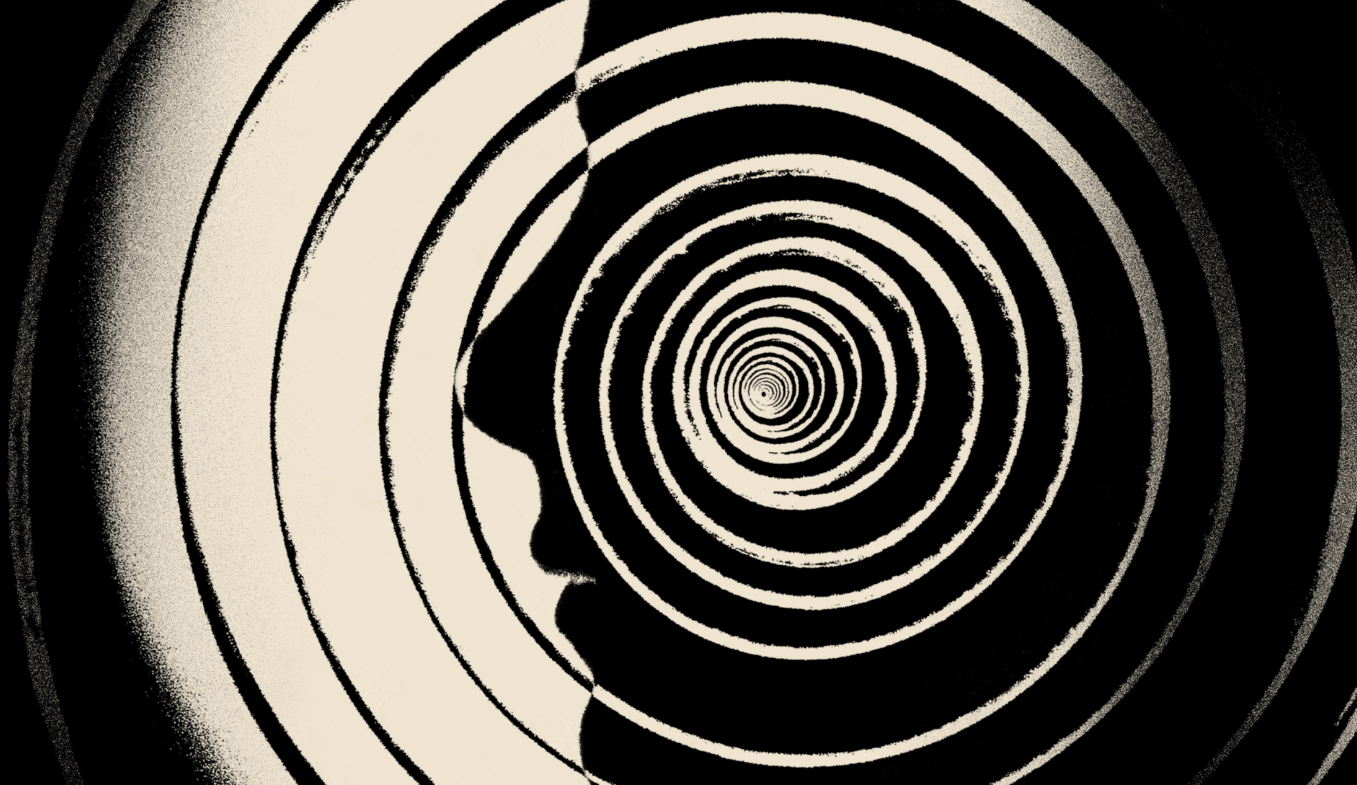Vartica Sharma
Balance disorders like vertigo can be devastating for patients—but they’re often invisible to the doctors who treat them. One morning last August, while making my bed, my entire visual field shifted sharply to the left, as though I were watching a movie and someone had bumped into the projector. After half a second, my vision snapped back into position. I froze, pillow in hand, and carefully looked around. The furniture in my room was still, apparently innocent of whatever had just happened….Story continues…
Source: The New Yorker
.
Critics:
Dizziness is a common medical complaint, affecting 20–30% of persons. Dizziness is broken down into four main subtypes: vertigo (~25–50%), disequilibrium (less than ~15%), presyncope (less than ~15%), and nonspecific dizziness (~10%). Vertigo is the sensation of spinning or having one’s surroundings spin about them. Many people find vertigo very disturbing and often report associated nausea and vomiting.
Presyncope describes lightheadedness or feeling faint; the name relates to syncope, which is actually fainting. Disequilibrium is the sensation of being off balance and is most often characterized by frequent falls in a specific direction. This condition is not often associated with nausea or vomiting. Non-specific dizziness may be psychiatric in origin. It is a diagnosis of exclusion and can sometimes be brought about by hyperventilation.
Many conditions cause dizziness because multiple parts of the body are required for maintaining balance including the inner ear, eyes, muscles, skeleton, and the nervous system. Thus dizziness can be caused by a variety of problems and may reflect a focal process (such as one affecting balance or coordination) or a diffuse one (such as a toxic exposure or low perfusion state).
Common causes of dizziness include: Inadequate blood supply to the brain due to sudden fall in blood pressure, Heart problems or artery blockages, Anaemias, such as vitamin B12 deficiency anemia, iron deficiency anemia, Loss or distortion of vision or visual cues, Standing too quickly/prolonged standing, Disorders of the inner ear, Dehydration, Distortion of brain/nervous function by medications such as anticonvulsants and sedatives, Dysfunction of cervical proprioception, Side effects from other prescription drugs, such as proton-pump inhibitors or Coumadin (warfarin).
Dizziness may occur from an abnormality involving the brain (in particular the brainstem or cerebellum), inner ear, eyes, heart, vascular system, fluid or blood volume, spinal cord, peripheral nerves, or body electrolytes. Dizziness can accompany certain serious events, such as a concussion or brain bleed, epilepsy and seizures (convulsions), stroke, and cases of meningitis and encephalitis.
However, the most common subcategories can be broken down as follows: 40% peripheral vestibular dysfunction, 10% central nervous system lesion, 15% psychiatric disorder, 25% presyncope/disequilibrium, and 10% nonspecific dizziness. Some vestibular pathologies have symptoms that are comorbid with mental disorders. While traditional medical teaching has focused on determining the cause of dizziness based on the category (such as vertigo vs. presyncope), research published in 2017 suggests that this analysis is of limited clinical utility.
In medicine, disequilibrium refers to impaired equilibrioception that can be characterised as a sensation of impending fall or of the need to obtain external assistance for proper locomotion. It is sometimes described as a feeling of improper tilt of the floor, or as a sense of floating.
This sensation can originate in the inner ear or other motion sensors, or in the central nervous system. Neurologic disorders tend to cause constant vertigo or disequilibrium and usually have other symptoms of neurologic dysfunction associated with the vertigo. Many medications used to treat seizures, depression, anxiety, and pain affect the vestibular system and the central nervous system which can cause the symptom of disequilibrium.
Dizziness and vertigo can be early signs of this brain disease
Dizziness and vertigo can be early signs of this brain disease






Leave a Reply